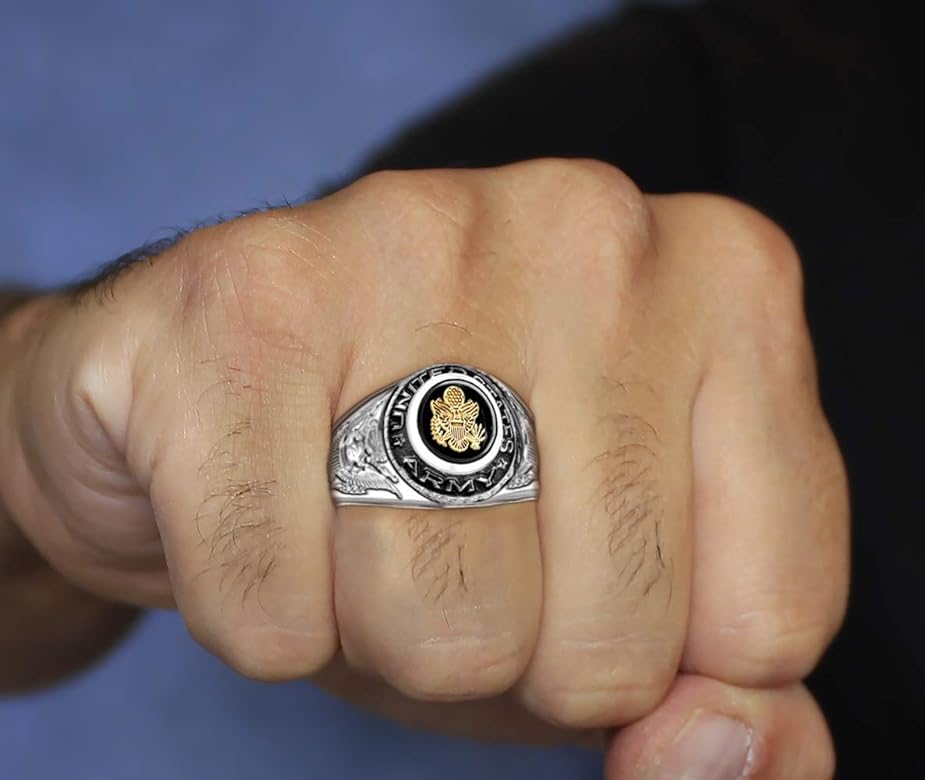Custom Furniture and the Eco-Friendly Revolution in Interior Design
In recent years, the interior design industry has witnessed a significant shift towards sustainability and eco-friendly practices, with custom furniture playing a pivotal role in this green revolution. As awareness about environmental issues grows, consumers are increasingly seeking alternatives that not only reflect their personal style but also contribute to a more sustainable future. Custom furniture, crafted with a focus on eco-friendly materials and production processes, has emerged as a beacon in the realm of interior design. One of the key elements driving the surge in custom furniture and the eco-friendly revolution is the desire for unique and personalized pieces that stand out in a world dominated by mass-produced items. Unlike conventional furniture options that often compromise on quality and originality, custom furniture allows individuals to express their personality and preferences through bespoke designs. This approach aligns with the principles of sustainability, discouraging the disposable culture prevalent in the industry. The materials used in crafting custom furniture are integral to its eco-friendly appeal.
Designers are increasingly turning to sustainable and renewable resources, such as reclaimed wood, bamboo, and recycled metals, to create pieces that not only exude beauty but also minimize the environmental impact. Reclaimed wood, in particular, has become a popular choice, as it repurposes old timber, reducing the need for new deforestation. The emphasis on using materials with a low carbon footprint is a testament to the industry’s commitment to preserving natural resources. Additionally, the production processes involved in creating custom furniture are evolving to reduce waste and energy consumption. Many designers are adopting innovative techniques like 3D printing and modular construction, which not only enhance efficiency but also allow for better resource utilization. Moreover, local sourcing has gained prominence, as it not only supports regional economies but also reduces the carbon footprint associated with transportation. The eco-friendly revolution in interior design extends beyond materials and production methods; it encompasses the entire lifecycle of furniture. Custom pieces are often built to last, with durability and longevity in mind.
This contrasts sharply with the disposable nature of mass-produced furniture, where items are frequently discarded and contribute to overflowing landfills. The shift towards well-crafted, enduring pieces aligns with the principles of sustainability, encouraging consumers to invest in quality rather than quantity. Furthermore, Thomas Dresch Woodworks LLC offers the opportunity for refurbishment and upcycling, promoting a circular economy. As styles change and preferences evolve, these pieces can be updated, refinished, or repurposed, extending their lifespan and reducing the demand for new resources. This approach not only benefits the environment but also encourages a mindset shift towards responsible consumption. The intersection of custom furniture and the eco-friendly revolution in interior design represents a transformative moment for the industry. Consumers are increasingly recognizing the importance of choosing sustainable options that reflect their individuality while minimizing the environmental footprint. As designers and manufacturers continue to embrace eco-friendly practices, custom furniture stands as a beacon of conscious living, where style and sustainability seamlessly coexist, shaping a greener and more responsible future for interior design.



 The process of creating a military ring is a collaborative effort between skilled artisans and those who have served. Veterans often have the opportunity to customize their rings, selecting the elements that hold the most personal meaning. This customization adds an extra layer of significance, transforming the ring into a deeply personal artifact that encapsulates a lifetime of service. In conclusion, the art of crafting military rings is a profound expression of gratitude and respect for those who have dedicated their lives to the service of their country. Each ring is a labor of love, a tangible manifestation of the intangible qualities that define the military ethos. The excellence in design and craftsmanship reflects the honor and pride associated with military service, ensuring that these rings stand not just as accessories, but as enduring symbols of valor and duty.
The process of creating a military ring is a collaborative effort between skilled artisans and those who have served. Veterans often have the opportunity to customize their rings, selecting the elements that hold the most personal meaning. This customization adds an extra layer of significance, transforming the ring into a deeply personal artifact that encapsulates a lifetime of service. In conclusion, the art of crafting military rings is a profound expression of gratitude and respect for those who have dedicated their lives to the service of their country. Each ring is a labor of love, a tangible manifestation of the intangible qualities that define the military ethos. The excellence in design and craftsmanship reflects the honor and pride associated with military service, ensuring that these rings stand not just as accessories, but as enduring symbols of valor and duty.
 Beyond their aesthetic appeal, barnominiums also offer practical benefits. The sturdy construction of traditional barns translates into durability, making them resilient structures. This durability, combined with the adaptability of the interior space, provides an ideal canvas for sustainable living. Barnominium owners often find themselves incorporating energy-efficient features seamlessly, taking advantage of the ample natural light and ventilation that these structures naturally offer.
Beyond their aesthetic appeal, barnominiums also offer practical benefits. The sturdy construction of traditional barns translates into durability, making them resilient structures. This durability, combined with the adaptability of the interior space, provides an ideal canvas for sustainable living. Barnominium owners often find themselves incorporating energy-efficient features seamlessly, taking advantage of the ample natural light and ventilation that these structures naturally offer. 